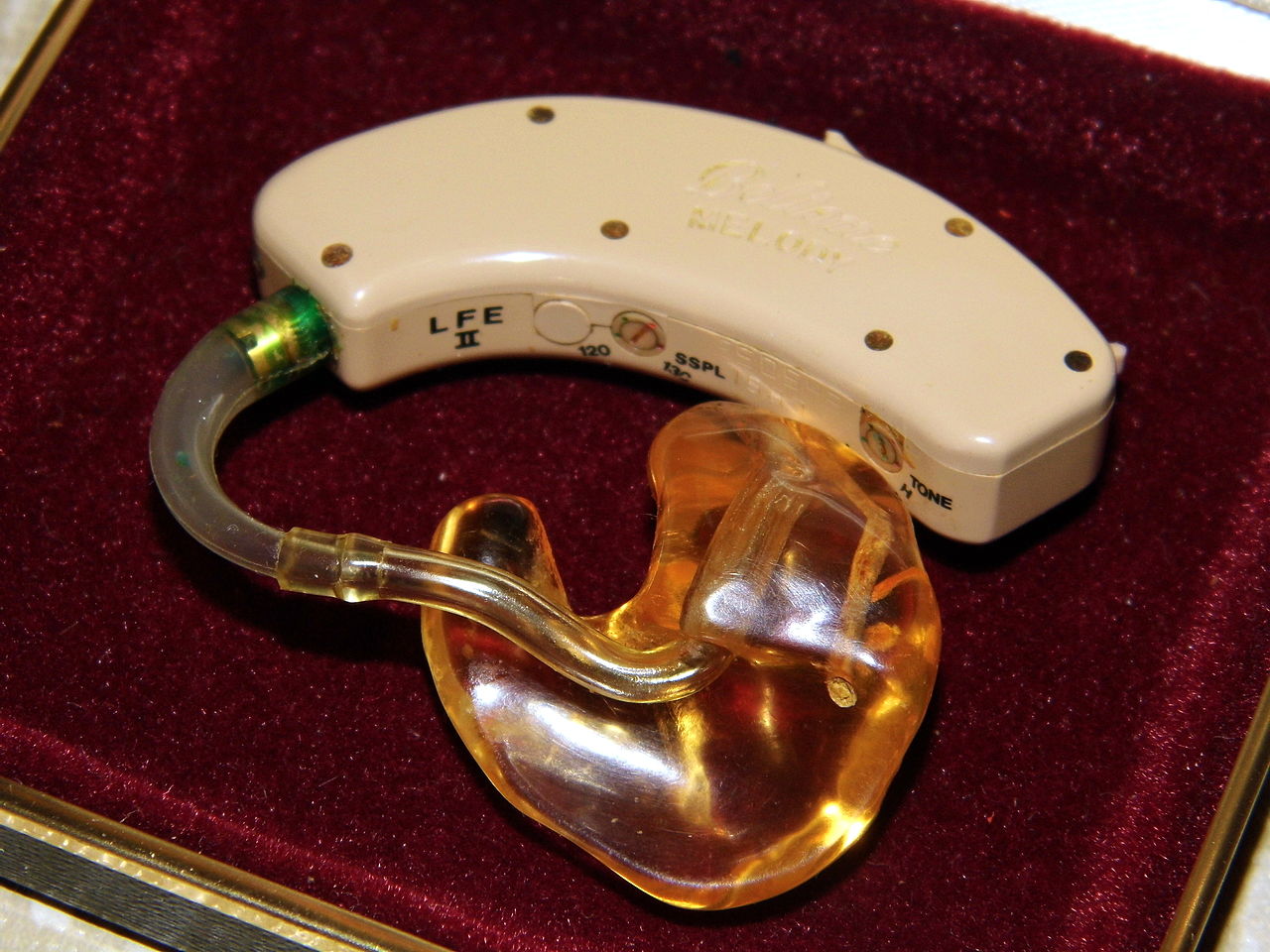Our bodies are not forever and sooner or later they will start to deteriorate on us, this could happen at a young or old age for you depending on your lifestyle, and your luck. Thankfully, the world of human biology and medicine has moved at warp-like speed and there are many problems and ailments which your body can have that can now be cured, remedied or at least improved.
One such area that often starts going first is our hearing, as we reach a certain age we hear less and for some time we may not even know about it. Not being able to hear someone talking to you can be deeply frustrating both for you and for the speaker and if you are experiencing this then you should consider getting some hearing aids to help you out. With the development of new technologies in the past few years, rechargeable hearing aids have become increasingly popular. Let’s look at some info on what they are and what they do.

Can They Restore Hearing?
A hearing aid can significantly improve your hearing, it cannot restore it to what was once normal. If you get a digital hearing aid then your chances are slightly higher but in any case, they cannot reset your hearing to what it once was.
What Kinds of Hearing Aids Are There?
The most common forms of hearing aids available are:
- BTE – Behind the ear hearing aids, these are the large ones which you may have already seen a lot of, they have more power and are less likely to become damaged from wax.
- CIC – Completely in canal, the smallest hearing aid in existence, these are placed directly into the hearing canal, they can be difficult to remove and replace should any problems arise.
- ITE – In the ear, these hearing aids are tailor-made to your ear and they have manual volume settings which you can adjust.
- RIC – Receiver in canal, use to treat more extreme forms of hearing loss, the speaker of the hearing aid goes into the canal and the microphone sits just behind the ear and under the skin, the two are connected by a small wire.
How to Decide Which One I Should Get?
Deciding on your hearing aid of choice will come down to 3 factors, the severity of your hearing loss, the type of lifestyle that you lead and what your listening needs are. You should talk to your audiologist about which one fits best with you. You can always change at a later date if you feel that a particular hearing aid isn’t working for you.
How Often Do I Need To Change Them?
For most hearing aids you should be looking at changing them around every 5 years. After 7 years the small components in the hearing aid can start to suffer as a result of wear and tear and although you can have them repaired, it is usually best just to invest in a new pair. The key to the longevity of your hearing aids will be how well you look after them, so ensure that you follow the instructions carefully if you want to prolong their life.